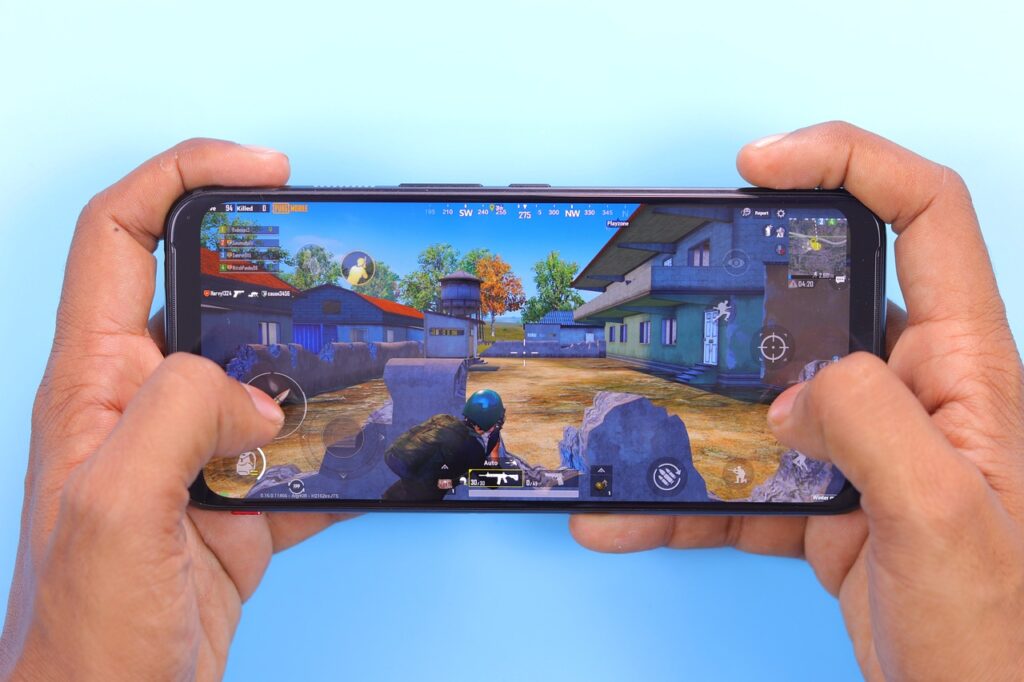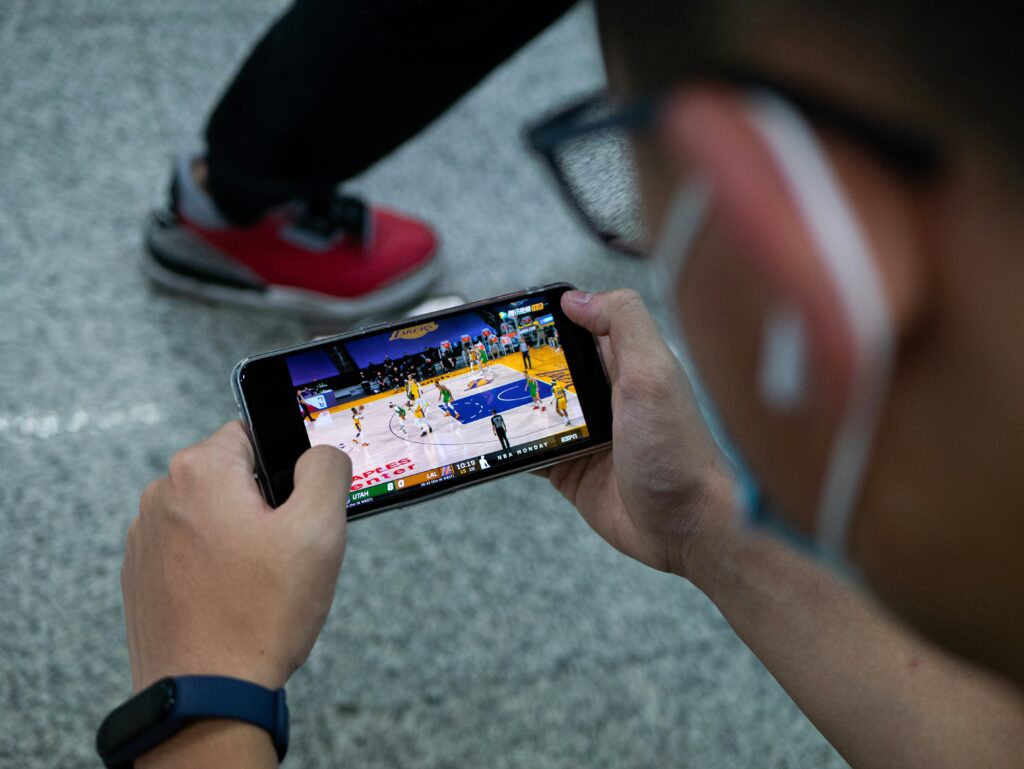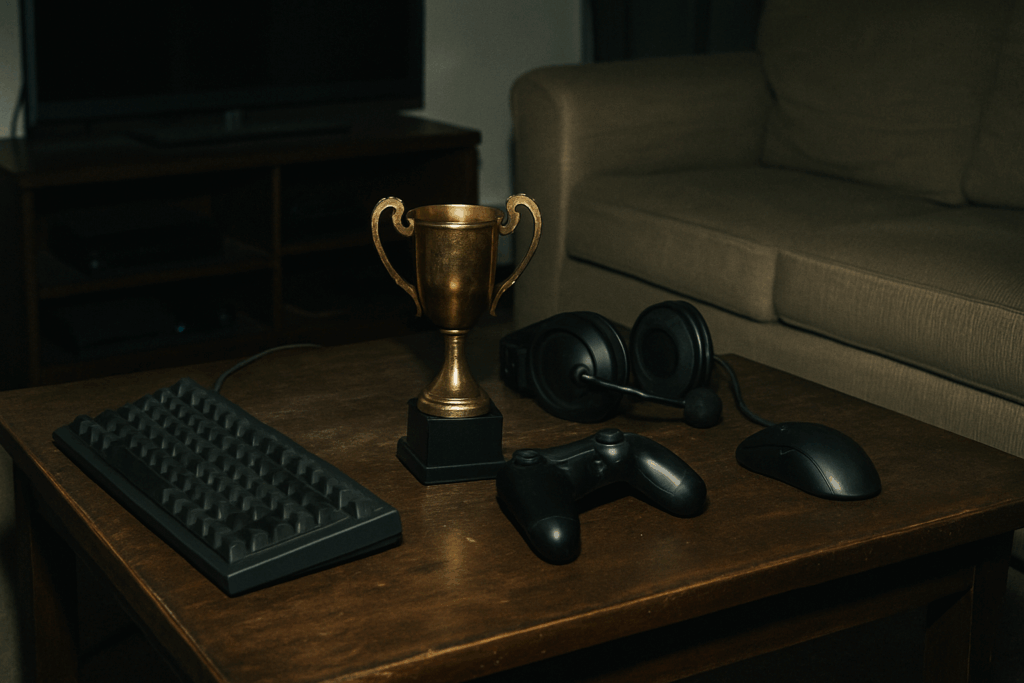What Sets Togplayering Apart?
Togplayering means more than stacking in a squad and hoping for synergy. It’s a deliberate approach to playing together, built on:
Role clarity: Every player knows their job and executes without hesitation. Shared vocabulary: Short, sharp callouts—no rambling. Consistent routine: Warmups, cooldown reviews, and regular drill blocks, not random logins. Active support: Boosting each other’s strengths, covering when someone lags.
The result: fewer wasted matches, faster improvement, and a higher ceiling for both fun and success.
Core Principles of Collaborative Gaming
1. Communication Discipline
Use voice over typing. Prioritize clarity—“rotate,” “cover,” “push now”—over color commentary. Confirm and acknowledge instructions. Silence is confusion’s best friend. Set and communicate a game plan prelaunch. Adapt, but don’t improvise for the sake of it.
2. Play to the Meta—but Stay Flexible
Know which compositions, builds, or classes are winning that week. Be ready to swap if a strategy stalls. Togplayering isn’t ego—it’s about what the team needs now. Keep secondary picks and roles sharp. A onetrick loses more ranked matches than a flexible support.
3. Shared Review and Feedback
After every session, run a debrief: what worked, what failed, what adjusts next time. Be brutal but not petty—focus on facts, not feelings. Review replays as a group; pause on key moments, then discuss alternatives and next steps.
Discipline, not blame, breeds improvement.
4. Equipment and Setup
Standardize settings: sensitivity, pushtotalk, overlays, and voice comm platforms. Use lowlatency hardware and ensure stable network for everyone—disconnects kill tempo. Preload patches before session—no midmatch updates or lag for missing files.
5. Mindset: Team First, Ego Last
Don’t chase stats—chase wins. A support hero with zero kills but clutch saves is the backbone, not dead weight. Rotate leadership. Let every member call the strategy—build communication and adaptability. Celebrate team achievements, not just solo milestones.
Togplayering by Genre
Shooters (FPS/TPS)
Stack roles: entry frag, sniper, support, caller. Tight push/pull rotations, disciplined trading, and constant info sharing. Coordinate utility (flashes, smokes, grenades)—one bad call ruins rounds.
MOBAs and RTS
Precise lane assignments and rotation calls. Timed objective pushes with backups called in advance. Adaptive drafting—counterpick as a team, not as five solo champs.
Battle Royale
Drop together, loot with intent (split resource pools by need). Shared pings for enemies, loot, and vehicles—no blind running. Endgame: Stay in voice, trade info, prioritize repositioning over lonewolf loot grabs.
Coop PvE and MMOs
Group composition and skill rotations planned for boss fights. Resource sharing—heal, buff, or potion on schedule, not as a scramble. Raid/campaign reviews—optimize for wipe reduction and speed.
Tools for Togplayering Success
Discord, TeamSpeak, or ingame voice (with backup text for emergencies). Scheduled practice—join up before match queues for warmups. Shared replays (YouTube, Google Drive, builtin systems). Collaborative docs for strategy or map callouts (Google Docs, Notion).
Skill Development—Together
Drill together: 1v1 each other, run custom scenarios, practice “worstcase” survival drills. Mentor up and down the ranks; junior players learn faster, senior players sharpen teaching and leadership.
Managing Ego and Conflict
Set rules early: disagreements get resolved in review, not in chat or during play. Praise discipline as much as “popoff” plays. If a member tilts, call a timeout—resentment festers if left unchecked.
Security and Healthy Boundaries
Vet team members and rotate group invites; trust is earned. Use secure voice and doc platforms—no personal info in public lobbies. Balance play with breaks; team health > shortterm ladders.
RealWorld Examples of Togplayering Wins
Esports squads: Best teams practice, review, and live together. Elite raid groups: Clear endgame MMOs on schedule, week after week. Ranked ladders: Nonstackers stagnate while disciplined groups rocket up.
The Future: AI and Togplayering
Smart matchmakers will group players by comms, winfocus, and feedback signals. Ingame coaching assistants flag missed calls or rotations, improving on the fly. Crossplatform play levels the field—teams win, regardless of hardware.
Final Checklist: Togplayering Best Practices
Set a warmup, play, and review routine for every session. Make comms disciplined: clarity, brevity, confirmation. Build multirole skills and adapt to meta changes together. Share wins, failures, and strategies in real time. Celebrate progress, then raise the bar.
The Bottom Line
Collaborative gaming is the future—solo play is noise. Togplayering is your discipline edge: structure, prep, communication, and constant feedback. Stack the deck in your favor, outthink the opposition, and let every session build the team, not just the scoreboard. Lose as one, win as many—repeat, and the results follow.


 Trevana-Eldwain is our editor, responsible for refining content and ensuring clarity, quality, and consistency across the site. Their attention to detail helps deliver a smooth and engaging experience for our audience.
Trevana-Eldwain is our editor, responsible for refining content and ensuring clarity, quality, and consistency across the site. Their attention to detail helps deliver a smooth and engaging experience for our audience.

